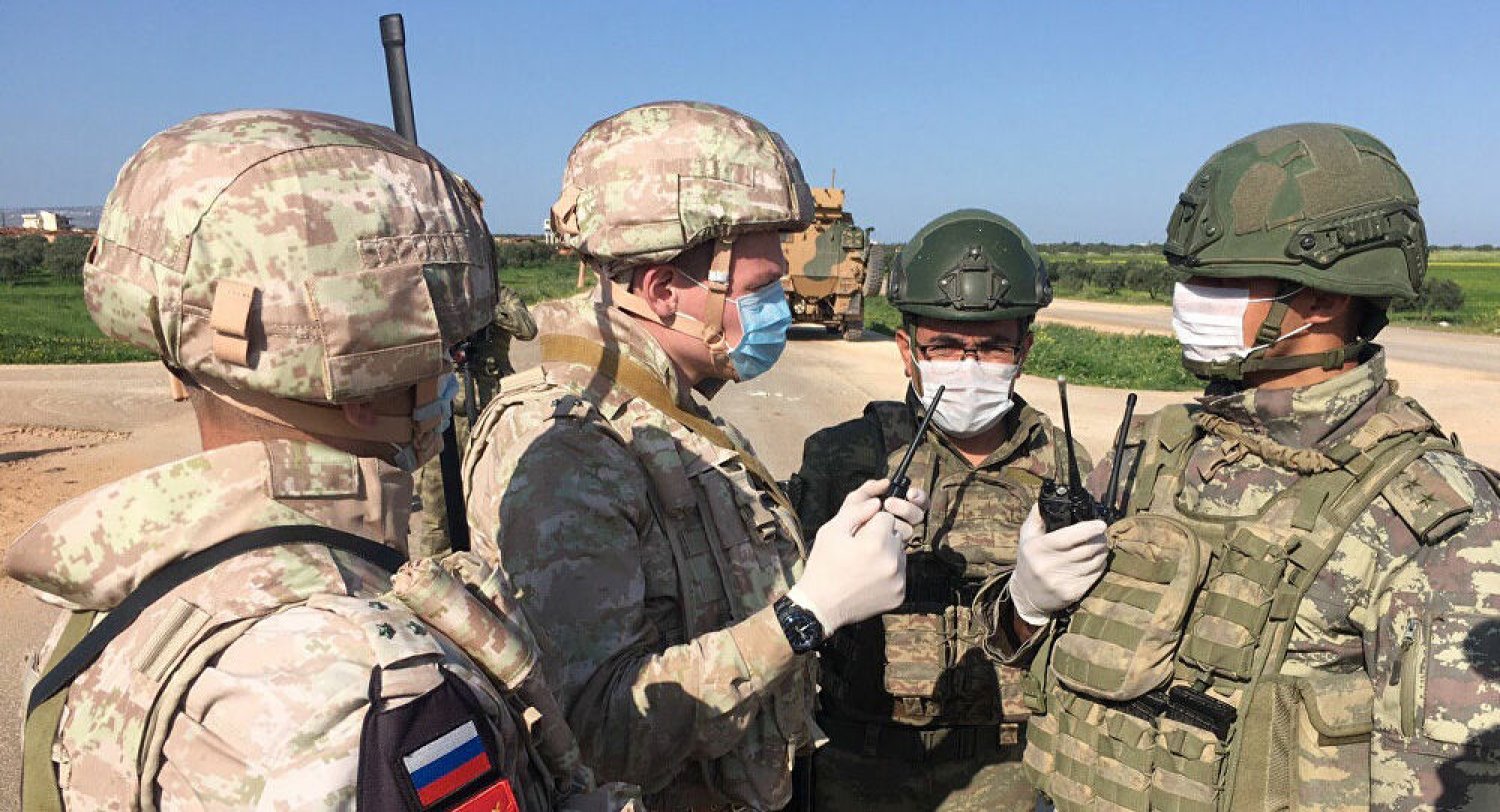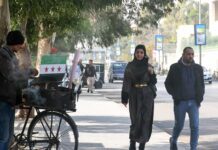
In a development that may signal a significant shift in regional dynamics, Turkish media has reported a meeting between military officials from Turkey and the Assad regime at the Hmeimim air base, a Russian stronghold in Latakia, on Tuesday, June 11. On the same day, a Russian and Turkish delegation was stopped from entering the city of Al-Bab in liberated northern Syria. The meeting, mediated by Russia, focused on the escalating situation in Idlib and surrounding areas, marking the first such direct talks on Syrian soil.
The Turkish newspaper Aydınlık revealed that this meeting is seen as an “important step” towards resuming previously stalled discussions between Ankara and Damascus. Sources confirmed that the talks primarily centered on recent developments in Idlib, a focal point of conflict and humanitarian crisis.
The Hmeimim meeting followed a crucial interaction between Russian President Vladimir Putin and Turkish Foreign Minister Hakan Fidan in Moscow. This backdrop of high-level engagement underscores Russia’s pivotal role in orchestrating these talks. The subsequent round of discussions is slated to occur in Baghdad, under the auspices of Iraqi Prime Minister Muhammad Shia al-Sudani, who expressed Iraq’s readiness to facilitate dialogue between the neighboring countries.
Prime Minister Al-Sudani has been proactive in his mediation efforts, having indicated on May 31 Iraq’s intention to create a basis for consensus between Syria and Turkey. An Iraqi government official later confirmed ongoing preparations for the next meeting in Baghdad, emphasizing Iraq’s successful behind-the-scenes diplomacy that led to Damascus and Ankara agreeing to the mediation.
These developments are part of a broader pattern of both informal and formal engagements between Turkish officials and the Assad regime since 2021, aimed at normalizing relations. While practical steps have yet to materialize, a notable milestone occurred in May 2023 when former Turkish Defense Minister Hulusi Akar announced plans for a joint coordination center in Syria to combat terrorism.
Amid these talks, speculation about a potential US withdrawal from Syria is adding a layer of complexity. Yeni Şafak, a newspaper aligned with the Turkish government, reported that Washington is contemplating a strategic pivot to focus on China. This shift could disrupt the current regional balance, prompting local actors to prepare for a post-US era in Syria.
The report highlighted the US intention to ensure Israel’s security and balance Iran’s influence before any withdrawal. In this evolving scenario, Damascus may find itself compelled to engage more deeply with Ankara.
Recent statements from Syrian Foreign Minister Faisal Miqdad indicate a relaxation of Syria’s preconditions for dialogue with Turkey. Previously demanding the actual withdrawal of Turkish forces, Damascus now seeks a mere “declaration of intent to withdraw.” This shift was echoed by Turkish Defense Minister Yasar Guler, who expressed Turkey’s readiness to support comprehensive normalization, contingent on ensuring border security.
The ongoing security meetings, including those reported by Aydınlık, underscore the delicate balance both nations are attempting to strike. Iranian uncertainty and the transition within its political landscape add another layer of complexity to Baghdad’s mediation efforts.
Turkey’s primary objective remains to undermine the self-administration efforts in northern Syria, a stance that puts it at odds with US-backed Kurdish forces. As Ankara navigates its options, the return of security dialogues with Damascus appears increasingly probable, especially if Washington’s support for the Syrian Democratic Forces diminishes.








